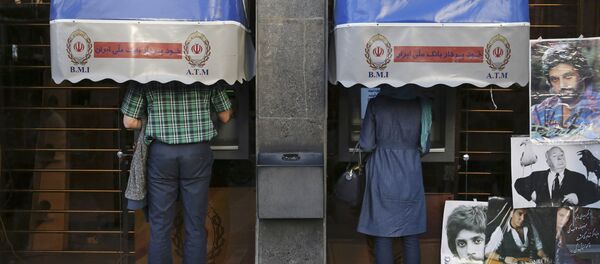The current ISA, expiring December 31, 2016, imposes nuclear, missile and terrorism sanctions on Iran. House Foreign Affairs Committee chairman, Congressman Ed Royce, will likely make the ISA the first order of business when the House returns to Washington on November 14, Reuters reported Wednesday.
Royce said, "The Iran Sanctions Act was enacted to curb Tehran's support for terrorism and its very dangerous weapons proliferation. It should remain in place until the regime stops exporting terror and threatening us and our allies with deadly weapons. That's why I'll be introducing a bipartisan, long-term extension of these important sanctions," according to Reuters.
White House spokesman Josh Earnest did not say whether Obama would sign the act into law, stating, "I won't prejudge at this point whether or not the President would sign that bill."
In July 2015, a nuclear accord was reached by world powers to limit Iran's nuclear program, in return for the lifting of sanctions on the country. Currently, there are several guidelines in the ISA which allow foreign companies to do business with Iran, unless the US financial system is involved. The US Treasury Department specified that transactions are permitted with blacklisted companies and individuals, including terrorists, if they possess only a minority interest in those ventures.


